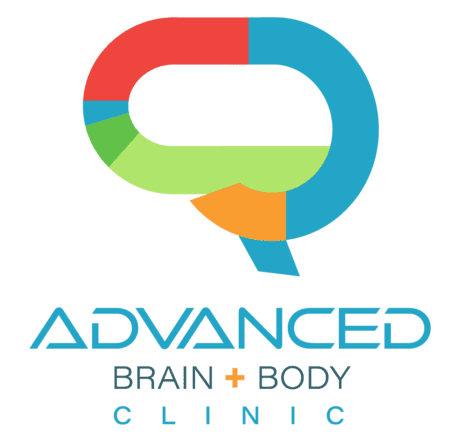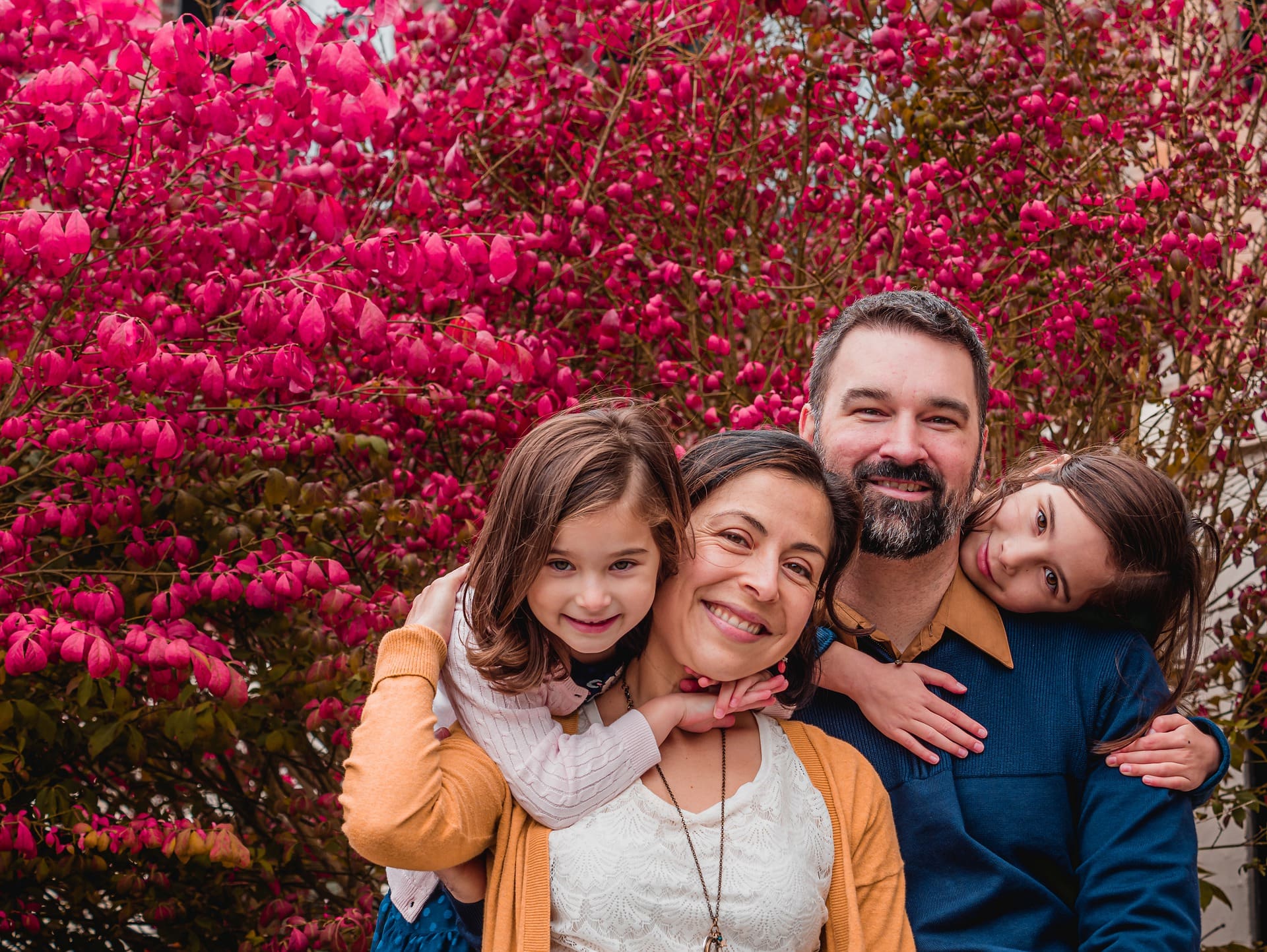Mild Depression
First, there are a number of things that you can try on your own including exercising, taking vitamin D supplements, and practicing meditation. For those with mild depression, these methods may be all you need to start feeling better. Although you can try these on your own, it’s best to share your concerns with your primary care provider. Including your provider early can help you keep depression or anxiety at bay.
Exercise
Exercise helps mood regulation, sleep patterns, and appetite by increasing your serotonin levels, endorphins and brain derived neurotrophic factor (BDNF), which helps neurons grow. Try out new activities to add variation to your exercise routine. The most important thing is to find what you enjoy doing so that you stick with it!
Vitamin D Supplements
Vitamin D plays an important role in mood regulation and can help reduce depression symptoms. You should get at least 10 minutes of sun exposure each day, or consider taking a multivitamin with Vitamin D. Investing in full-spectrum lights is a great way for Minnesotans to hit their recommended Vitamin D intake in the winter as well.
Meditation
Consistent meditation can help reduce stress, increase self-esteem, and minimize symptoms of anxiety and depression. Finding 5-10 minutes to take some deep breaths and clear your mind can greatly benefit your mental health and positively impact brain waves. Try it on your own or find a guided meditation podcast to walk you through meditation exercises including deep breathing, progressive muscle relaxation, or visualization. There are aps as well, including Insight Timer, Smiling Mind and Calm.
Moderate Depression
While the depression management options listed above for mild depression may not be enough for those with moderate or severe depression, continuing to do these things on a regular basis can help improve your overall brain health. With improved brain health, your brain will have a better response to more advanced treatments including antidepressants and TMS therapy. Exercise, in particular, can help by improving brain growth and neuroplasticity which are the same goals of TMS.
For those with moderate depression, a little more help will be needed from your doctor. Schedule an appointment with your primary care provider to discuss your mental health concerns. They will ask you how you are feeling and what you may have tried to help manage your depression symptoms in the past that may have helped. They will also be able to prescribe traditional antidepressants and refer you to a psychologist for psychotherapy.
Psychotherapy
Also known as talk therapy, psychotherapy is typically 45-90 minute sessions with a counselor, psychologist, therapist, or other mental health professional. Sessions can be done one-on-one, as a couple, or in small groups. Typically occurring at regular intervals, patients may participate in a handful of sessions, or may need sessions on a recurring basis over several years.
Psychotherapy is typically recommended for those who choose to take antidepressants, but can also be used on its own for those who do not wish to take medication. These sessions can help patients address their problems by giving them tools to manage stress, cope with what is outside of their control, and look toward a more positive future by seeing things in a new way.
Antidepressants
There are a wide variety of antidepressant medications available for those with depression, anxiety, and PTSD. Your primary care doctor can work with you to find the right antidepressant medication for you. Antidepressants must be taken on a daily basis. Side effects will typically diminish as your body adjusts to the medication, and may include headaches, stomach aches, and weight gain or loss.
Don’t be discouraged if you have tried multiple antidepressant medications without relief. 30% of depression patients will not respond to antidepressant medications, a condition called Treatment Resistant Depression. There are new options for helping manage symptoms of depression if antidepressants don’t work for you.
Severe Depression
Those with severe depression, also known as treatment-resistant depression (TRD), who have tried two or more antidepressants without relief should see a psychiatrist or psychiatric nurse practitioner. This includes those who have experienced traumatic events who have symptoms of PTSD, are having suicidal thoughts or behaviors, or have been diagnosed with panic disorder with frequent panic attacks. These mental health specialists can provide an additional level of support and may provide options that work differently than traditional antidepressants, including ketamine, esketamine (Spravato), Electroconvulsive therapy (ECT), and Transcranial Magnetic Stimulation (TMS).
Ketamine/Esketamine
Ketamine and esketamine (Spravato) are new alternatives for treating major depression and anxiety. Esketamine (the active ingredient in ketamine) was approved by the FDA in 2020 to treat suicidal thoughts. Ketamine and esketamine work more quickly than other oral antidepressants. They are administered under medical supervision and may be provided through a variety of routes based on patient preference and response, including intranasal, sublingual, intravenous infusions, or intramuscular injections.
If you’ve struggled with depression or anxiety and have tried two or more antidepressants in your current episode without adequate relief, ketamine and esketamine (Spravato) are important options to consider. While other medications take time to take effect, the major benefit of ketamine is that it can provide fast-acting relief for those with suicidal thoughts. As an anesthetic agent, ketamine side effects may include feeling dissociated from one’s body where people might feel dizzy or light-headed depending on their dosage. Some patients may even experience a side effect of euphoria.
How does ketamine work for depression? Learn more here.
Electro-Convulsive Therapy (ECT)
ECT is a non-medication option that uses electric currents to induce a brief seizure to stimulate neuronal growth. Treatments are typically given three times per week for a month, then may be gradually tapered down. Potential side effects of ECT include:
- Headaches
- Muscle aches
- Nausea
- Increased heart rate
- Increased blood pressure
- Short-term memory loss
ECT patients are given general anesthesia for the procedure. Patients will not be able to eat or drink after midnight the night before their treatment and will need a friend or family member to drive them home afterward.
Transcranial Magnetic Stimulation (TMS)
TMS is a non-medication option for depression good for just about anyone, including those who may have a history of addiction, who are worried about drug interactions and side effects, who have not had success with other antidepressant medications, or who are pregnant or breastfeeding. TMS treatments are generally five days per week for six weeks, followed by one treatment per week for the next six weeks. TMS is covered by insurance providers.
TMS side effects are typically mild and subside immediately after the treatment session. They can be managed by over-the-counter medications or by temporarily reducing the strength of the TMS pulses. Side effects may include:
- Scalp discomfort
- Headaches
- Seizures (extraordinarily rare)
TMS does not require sedation, which allows patients to drive themselves home or return to work immediately following treatment and takes only 15 minutes.
Where to Get Ketamine Treatments in Minneapolis
While ketamine for depression and other severe depression treatments may be challenging to find, Advanced Brain + Body Clinic Ketamine TMS in Minneapolis provides ketamine, esketamine (Spravato), and TMS covered by most insurance providers. Our goal is to provide long term relief for mental illness.
If you or someone you know is struggling with depression, anxiety, or PTSD, give us a call to schedule an initial appointment to discuss your depression management options. Our mental health clinic is open Monday-Friday from 8am-5pm. TeleHealth appointments are available.

Brian Johns, MD is a Minneapolis psychiatrist and a mental health leader who helped shape ketamine treatment for depression in Minnesota and the nation. He co-authored a Minnesota VA Hospital medical trial to open the door for ketamine treatment to change–from a revolving-door hospital intervention, to an ongoing regimen at an outpatient clinic–while setting the benchmark for ketamine infusions nationwide. He then developed the region’s first ketamine infusion clinic. Over the past several years, he has administered or overseen thousands of ketamine treatments. Dr. Johns is a graduate of the University of Minnesota Medical School and completed his residency in Psychiatry. He is certified by the American Board of Psychiatry and Neurology.

